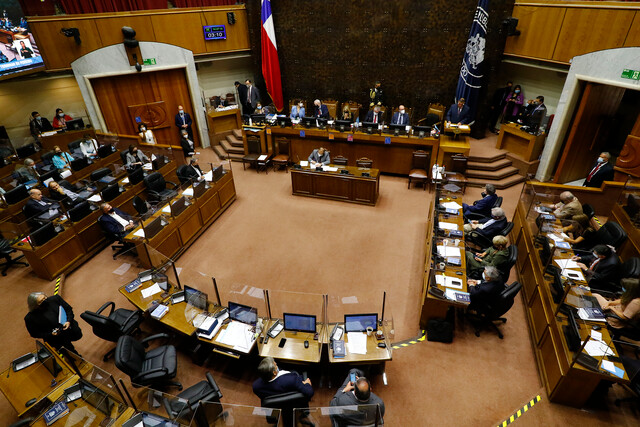By Dena Adler

Today, the Hague Court of Appeals upheld a lower court ruling that the Dutch government is obligated to limit its greenhouse gas emissions to 25% below 1990 levels by the end of 2020. The case, Urgenda Foundation v. The State of Netherlands, decided by the district court in 2015, marked a watershed moment for climate change litigation — it was the first court decision in the world to order a state to limit its greenhouse gas emissions for reasons other than a statutory mandate. Brought by a Dutch environmental group, the Urgenda Foundation, and 886 Dutch citizens, the suit argued that the government’s inadequate action on climate change violated a duty of care to protect plaintiffs’ rights under European Convention on Human Rights (ECHR) and the Dutch constitution. After the district court decision, which found that the Dutch constitution reflects a duty of care to address climate change, the Dutch government appealed on 29 grounds. Urgenda also submitted a cross-appeal, contesting the court’s decision that Urgenda cannot directly invoke plaintiffs’ rights under the ECHR in these proceedings.
The Hague Court of Appeals concluded that “the State is acting unlawfully (because in contravention of the duty of care under Articles 2 and 8 ECHR) by failing to pursue a more ambitious reduction as of end-2020, and that the State should reduce emissions by at least 25% by end-2020.” Broadening the victory for Urgenda, the court recognized Urgenda’s capacity to directly bring claims under the ECHR to uphold plaintiffs’ rights to life (under ECHR Article 2) and rights to private life, family life, home, and correspondence (under ECHR Article 8). Further, the court determined that climate change poses “a real threat” to these rights, triggering a government obligation to act.
The court rejected the government’s long list of appeals. Separation of powers-type arguments failed, as the court rejected the government’s arguments that the lower court’s decision constituted “an order to create legislation” or violation of trias politica, and affirmed its obligation to apply provisions with direct effect of treaties to which the Netherlands is party, including Articles 2 and 8 of the ECHR. The court also found nothing in Article 193 of the Treaty on the Functioning of the European Union that prohibits a member states from taking more ambitious climate action than the E.U. as a whole; that adaptation measures cannot compensate for the government’s duty of care to mitigate greenhouse gas emissions; and that the global nature of the climate change problem does not excuse the Dutch government from action.
Since the district court’s 2015 decision, climate litigation has been filed against governments around the world including in Norway, Pakistan, Colombia, Switzerland, and before the E.U. While international law cannot bind the Dutch court’s logic on other judicial systems, today’s decision may influence other courts around the world—particularly in regard to the court’s interpretation of the ECHR. However, this is not necessarily the last stop for the Urgenda decision. The Dutch government has the option to appeal the case to the Supreme Court, and has not stated whether it will or will not do so.




